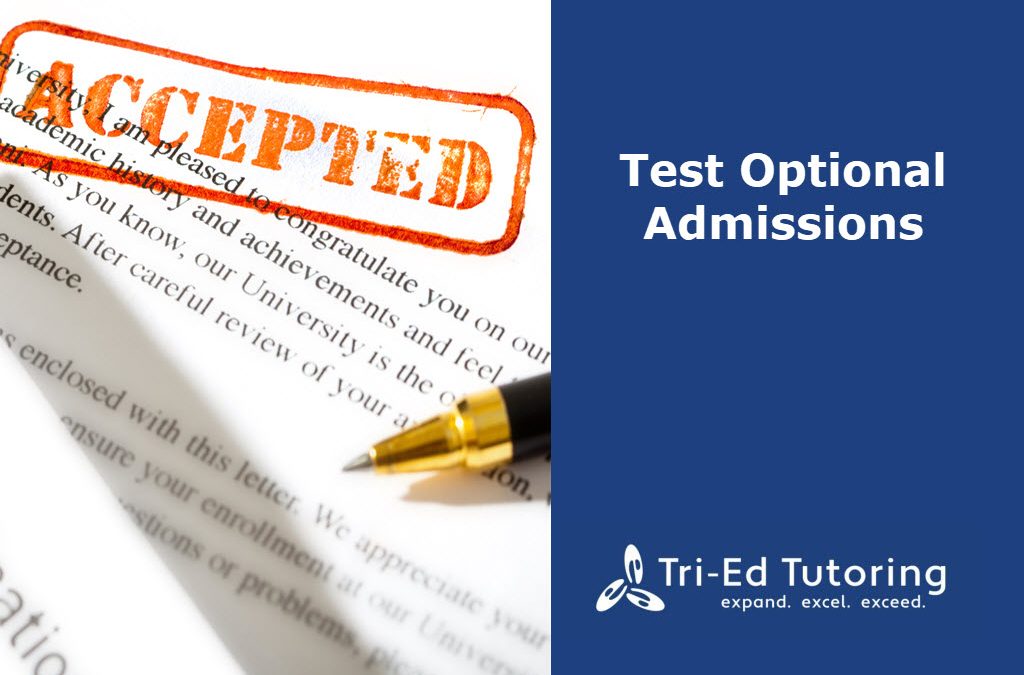It may seem like SAT testing is just another obstacle in the college admissions process. However, these test scores are often used to compare applicants living in different geographic locations. Not only do coursework and graduation requirements vary by state, and often by county, the weight of a student’s grade point average (GPA) is influenced by the AP class options, dual enrollment opportunities, IB curriculum, etc. available to him or her. It can be challenging for college admissions reps to rank student academic success based on criteria that varies greatly by geographic location. Because SAT content is the same nationwide, scores provide a measurable comparison no matter where an applicant lives.
In theory, this makes complete sense, but in reality, test scores don’t accurately measure academic performance all the time. Test anxiety, the testing environment, parental pressure, and learning disabilities can negatively impact scores. Fortunately, most college reps understand that test scores aren’t the only indication of academic performance. In fact, more and more colleges are incorporating a test optional policy, meaning that SAT and ACT scores are not a requirement for admission into the college. In some cases, test optional is only applicable to students with a certain GPA, so don’t skip out on the SAT or ACT just because you see the words “test optional.”
Before choosing not to submit SAT scores with your application, it’s important to consider the advantages and disadvantages of this strategy. Maybe you’ve taken the SATs three or more times, scoring below your target school’s average test scores each time. If you are a great student but a poor test taker, it could be advantageous keeping your SAT scores to yourself. As long as you can portray academic success through your college application, personal statement, GPA, and supplemental information, it could be more harmful than helpful to submit low test scores.
On the other hand, if your GPA is at or below the school’s average GPA and you don’t think your application will stand out from the others, it would be more beneficial to submit test scores. You’ll want to do everything you can to improve these scores, whether that means taking an SAT prep class, participating in one-on-one tutoring, or intense self-study. Consider taking the test at least three times with the intent to continuously improve your scores. Many schools superscore; they add the highest section scores from all test attempts for a total overall score. When applying to schools that superscore, strategize accordingly to get the most out of each test attempt.
It might be tempting to skip the SAT and ACT altogether if your top schools have incorporated a test optional policy, but we suggest taking the test at least once. It’s always a good idea to keep your options open, and, even if test-taking is not your strength, you may score higher than you think. It might not be fun, but it won’t hurt!
Virginia colleges with test optional policies include Christopher Newport University, George Mason University, James Madison University, Radford University, Roanoke College, Sweet Briar College, University of Mary Washington, Virginia Commonwealth University, and Virginia State University.

